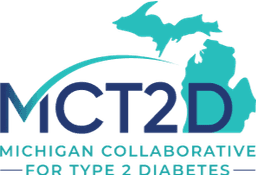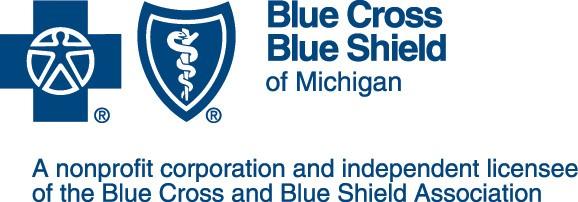NEWS & EVENTS
SPECIALTY CARE
Nephrology Members
Michigan Collaborative for Type 2 Diabetes brings together primary care, endocrinology, and nephrology teams to engage in statement collaborative quality improvement. Currently, 14 nephrology practices participate in the collaborative.
The MCT2D Kidney Initiative seeks to engage and empower medical providers and patients across the state of Michigan to support the dissemination and implementation of evidence-based strategies that will prevent and slow the progression of kidney disease.
Currently, 94 nephrologists in Michigan participate in MCT2D, representing 42% of nephrologists across the state. MCT2D has partnered with BCBSM to determine a model for attributing patients to nephrologists and over 8,000 patients represented in the MCT2D dashboards are currently attributed to one of our participating nephrologists.
Download Value-Based Reimbursement (VBR) requirements
Participating practices and POs can download a one-page guide to value-based reimbursement (VBR) for the 2024-2025 year.
VBR 1-page PDF for NEW nephrology sitesVBR 1-page PDF for existing MCT2D nephrology sites Nephrology Initiatives
Increasing Urine Albumin Testing
The presence of albumin in the urine is a well-established risk factor for adverse outcomes, including kidney disease progression, yet it is often not assessed. We work with partners to address potential barriers to testing.
Prescribing of GLP-1 Receptor Agonists & SGLT2 inhibitors
New classes of medications have been shown to improve glucose control, decrease mortality, slow chronic kidney disease progression, and support weight loss.
Current QI Projects
Currently, nephrology practices are working with an MCT2D primary care practice to collaborate on improving an area of care coordination between nephrologists and primary care teams. Each partnering site met to discuss what they wanted to focus on. Areas for collaboration chosen include improving the referral process, ensuring appropriate labs are taken for patients, enhancing communication between nephrology and PCP practices, and increasing the use of guideline-directed medication for patients with both diabetes and chronic kidney disease. Examples of specific focuses include the following:
- Ensuring that all patients with type 2 diabetes have a kidney function test and a microalbumin test annually
- Increasing clear communication about medications and expectations, e.g. previously SGLT2is have been stopped because of a rise in creatinine, which is expected and not an indication to stop the medication
- Determining a process to ensure a timely and effective outpatient nephrology consultation
- Establishing clear guidelines on the labs that should be completed prior to patient referral to nephrology
- Involving nephrology in post-hospitalization care for patients with type 2 diabetes and chronic kidney disease
Practices began working on their individual objectives in June, and at the November Nephrology Clinical Champion meeting, attendees will give updates on their progress, noting any successes and barriers they have faced. Work on these projects will continue through March 2025.
MCT2D Nephrology Leadership

Michael Heung, MD, MS
Nephrology Program Director
Dr. Mike Heung, MD, MS is a nephrologist at the University of Michigan, where he serves as the Associate Chief of Nephrology and chairs the nephrology quality improvement committee. His primary clinical and research interests are acute kidney injury (AKI) and critical care nephrology. As an investigator at the University of Michigan Kidney Epidemiology and Cost Center (UM-KECC), he examines AKI measures and outcomes on multiple federally funded projects.

Rajiv Saran, MD, MBBS, MS
Nephrology Content Expert
Dr. Rajiv Saran, MBBS, MS, is a nephrologist at the University of Michigan, where he serves as the Florence E Bingham Research Professor of Nephrology, a Professor of Internal Medicine, U-M Medical School, and a Professor of Epidemiology, at the U-M School of Public Health. Dr. Saran is an internationally recognized expert in kidney disease research – specifically, in the area of kidney disease surveillance and epidemiology.

Julie Wright Nunes, MD, MPH
Nephrology Content Expert
Dr. Wright Nunes, MD, MPH, is a nephrologist at the University of Michigan, where she serves as an Associate Professor of nephrology. Dr. Wright Nunes' research focuses on optimizing patient kidney disease education and self-management across the continuum of care.
Nephrology Related MCT2D Webinars
Specialty Practice Point-of-Care Tools
How MCT2D Supports Members
Nearly 100 free tools and resources, developed and curated by the MCT2D team.
Guides to coverage for CGM, GLP-1 RA and SGLT2i, patient education on low carb lifestyle, videos, interactive websites, one-page handouts, and more.
Know exactly what you need to do next using our administrative portal.
Monitor your practices’ and physicians’ participation in real-time and never miss a VBR deadline with auto-reminders and customized check lists. Requires Member Login - Ask PO Lead for Access
Get support, learn, and grow in community.
Monthly learning events with continuing education and VBR credit. Workgroups and networking for the entire diabetes care team. Crowdsourced knowledge like our dot phrase library and best practice database. One-on-one consultations with MCT2D experts.
A responsive team, ready to answer your questions.
Connect with the MCT2D coordinating center by email: ccteam@mct2d.org or learn more about us.




